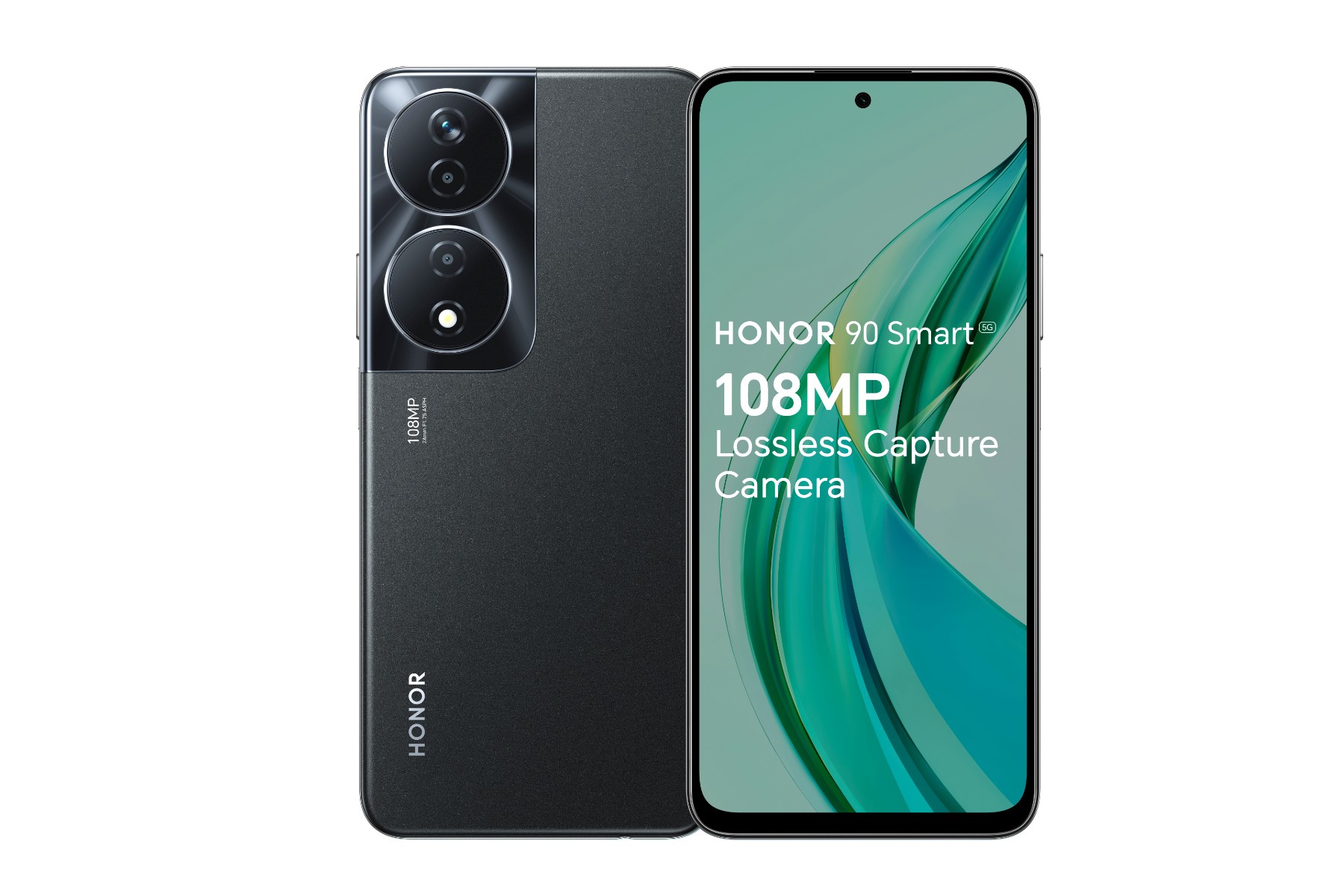
- Lack of knowledge of what 4G technology is and its benefits are the biggest barriers to adoption alongside cost
- Increased speed and capacity, the ability to work flexibly and improvements to the delivery of customer service are amongst the perceived benefits of 4G by those who have it
- Despite the perceived benefits, nearly two-thirds of businesses surveyed still do not have 4G, reveals YouGov survey for Vodafone UK, while 40 per cent have no plans to adopt it at allBusinesses are in danger of missing out on the digital revolution and falling behind their more tech-savvy competitors. The majority of British businesses do not currently have 4G or an understanding of the extensive capabilities of 4G and the benefits it can bring to business performance. This was revealed in a YouGov study for Vodafone UK into the adoption and perception of 4G amongst more than 1,200 senior decision makers from British businesses and the public sector.
Phil Mottram, UK Enterprise Director of Vodafone UK says: “Businesses need to be ready to take advantage of the tools and technologies that can give them the competitive edge today and in the future. Now is the time for those businesses which are yet to invest in 4G to do so and to start benefiting from its full potential. To help decision makers see the viable business case in upgrading to 4G, Vodafone is committed to helping businesses understand how 4G can benefit them based on their business functions, needs and priorities using the greater speed and capacity that 4G can provide.The survey revealed that nearly two-thirds (64 per cent) of respondents said their business or organisation does not have 4G while a staggering 41 per cent of those have no current plans to adopt it.
Despite prices becoming more competitive since 4G first became available, cost ranked as the largest barrier to adoption. However, the survey also revealed another significant barrier – a lack of understanding of what 4G technology is and the benefits it can bring to organisations big and small. In fact, 43 per cent of businesses admitted to having a poor understanding of 4G’s capabilities and of those that do not have 4G, a third said they do not perceive any benefits for their business.
Phil Mottram continues: “Whilst the perception of cost is still stopping businesses from taking the step towards 4G, the significant knowledge gap of what it can offer UK businesses is a challenge. With customers’ expectations on service delivery and responsiveness at an all-time high, we have committed ourselves to making 4G more accessible and affordable, with competitive pricing and continuous network investment, enabling businesses to meet their customers’ demands, whenever and wherever staff may be. This has been the driving force behind the extension of our 4G coverage to over 500 cities and towns across the UK and the £1 billion we’ve invested in our network and services in the UK this year.”
The 4G ‘light bulb’ moment
The survey revealed that businesses who have upgraded to 4G clearly understand the ways in which it can help them by improving customer service and enabling flexible working. Benefits cited include:
- Increased speed for data transfer (51 per cent)
- Faster responsiveness to customers (and suppliers) (43 per cent)
- Ability to use all business applications when working remotely (48 per cent)
- Better flexible working (42 per cent)Interestingly, the majority of businesses that have not yet made the move to 4G also perceived these as benefits of the technology. However, they do not appear to recognise the positive impact that these benefits (from the increased speed and capacity that 4G provides) could have on their business. . For example, despite not having 4G, 41 per cent said downloading, transferring and accessing data-heavy content is important to their businesses and nearly all said speed (95 percent) and capacity (97 percent) are key factors when doing so.
With so much on the line for businesses in today’s competitive markets, where every minute counts no matter where you are, those businesses without 4G are potentially losing out against their better connected counterparts. Customers’ expectations of service continue to increase and employees are demanding greater flexibility from employers. 4G’s faster connectivity and greater capacity can enhance a business’ ability to meet these expectations by sharing information with the speed and resilience needed to sustain seamless connectivity.
Are business priorities being impacted by lack of 4G?
As a result of the lack of awareness around 4G’s benefits to enterprise, businesses could be missing out on the bigger prize – how 4G can help them to meet their business priorities. Respondents across all types and sizes of businesses consistently cited, ‘increasing operational efficiency’, ‘improving customer service’ and ‘improving profits’ as their top business priorities. High speed and capacity are intrinsic characteristics of 4G, meaning the technology is a key enabler for effective flexible working, which in turn will contribute to greater operational efficiency, one of the top three business priorities for 50 per cent of businesses surveyed. In fact, 42 per cent of those businesses with 4G agreed that it better enables flexible working.
4G’s enhanced speed and capacity also helps businesses communicate with customers quicker and more effectively through access to information anytime, anywhere – something which will improve customer service – another top priority within the businesses surveyed- and give them the edge over their competitors.
SMEs falling furthest behind in the digital revolution
While there are many businesses yet to embrace the latest in mobile technology, it would appear that small and medium-sized enterprises (SMEs) are falling furthest behind in the private sector, with only 24 per cent of those surveyed having 4G compared to 39 per cent of larger businesses.
Nearly a quarter (24 per cent) of SMEs recognise that faster responsiveness to customers and suppliers is amongst the main benefits of 4G, and more than a third (35 per cent) of SMEs confirming that customer service is one of their top three business priorities.
With mobile data usage increasing at an exponential rate, over two in five SMEs (41 per cent) say downloading, accessing and transferring media rich/data heavy content is important to their business and over two-thirds (67 per cent) view mobile connectivity as important, indicating that 3G may not suffice in the long term if they are to remain competitive.
Mottram concludes: “Despite the growing availability and affordability of 4G devices and services, the lack of a true understanding of the benefits that the technology can bring, as revealed by this survey, is undeniably holding enterprises back from reaping the rewards of introducing 4G to their business. This barrier is also preventing businesses from gaining an advantage over their competitors here and abroad in the increasingly competitive global marketplace.”
-ENDS –
NOTES TO EDITORS:
All figures, unless otherwise stated, are from YouGov Plc. Total sample size was 1221 senior decision makers. Fieldwork was undertaken between 19th -26th February 2015. The survey was carried out online.

![Falling Dripping Water Drop[Adobe Stock] Falling Dripping Water Drop[Adobe Stock]](https://www.vodafone.co.uk/newscentre/app/uploads/2024/04/Falling-Dripping-Water-DropAdobe-Stock.jpg)


![Dawlish Sunrise [Adobe Stock] resized stock photo of Dawlish in Devon](https://www.vodafone.co.uk/newscentre/app/uploads/2024/04/Dawlish-Sunrise-Adobe-Stock-resized.jpg)